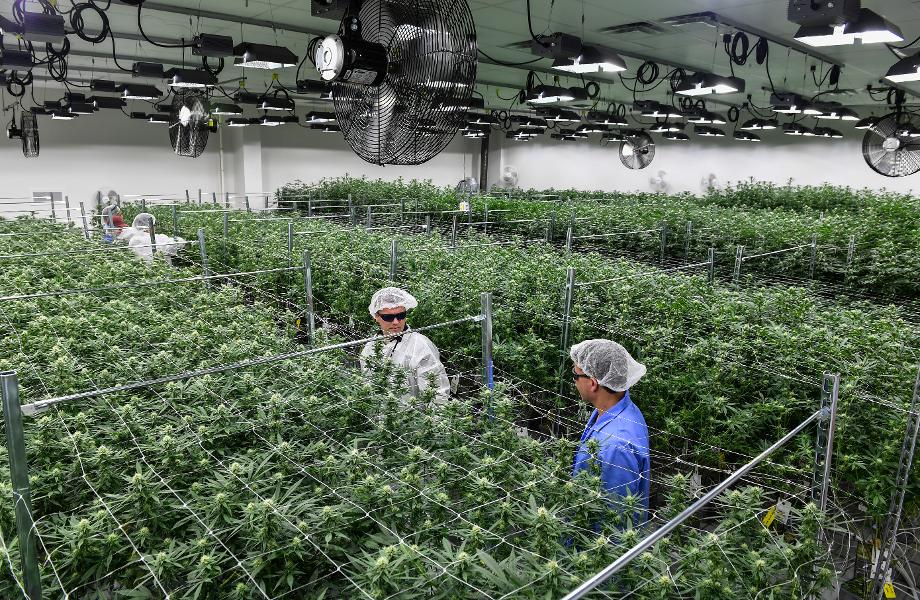A compound found in marijuana halves the risk of certain seizures in people who have a severe form of epilepsy, a new study shows.
Researchers at Nationwide Children’s Hospital gave a liquid form of a compound called cannabidiol to young people with Lennox-Gastaut syndrome.About 40 percent of patients given the compound saw at least a 50 percent reduction in drop seizures, which can cause patients to stiffen, shake or collapse, often causing injuries. Fifteen percent of those given a placebo experienced the same reduction.
“It changes things for patients in a considerable way because it gives them an option to control seizures in a difficult-to-treat seizure disorder,” said Dr. Anup Patel, an attending pediatric neurologist at Nationwide Children’s and the study’s leader.
Other studies of medical marijuana are ongoing, and some have shown similar results for people with epilepsy.
If the cannabidiol treatment is approved by the U.S. Food and Drug Administration, parents of children with Lennox-Gastaut syndrome will be less likely to buy unregulated and unreliable cannabidiol, called CBD, on the internet or elsewhere, Patel said. This would give them an option that is purified, plant-based, safe and consistent from bottle to bottle.
“Families are being duped,” Patel said. “They’ll do anything for their children because they’re desperate. They want something that works for these very-hard-to-control seizures, and my heart goes out to them.”
That’s why he and other researchers are studying cannabidiol. The Nationwide Children’s study, which will be presented next week during the American Academy of Neurology’s annual meeting, was supported by cannabidiol developer GW Pharmaceuticals, known as Greenwich Biosciences Inc. in the United States.
Doctors who treat epilepsy are looking for options to help patients, but they want to ensure that they are safe, said Dr. Emily Klatte, OhioHealth’s neuroscience system medical chief specializing in epilepsy.
Like Patel, Klatte said she is asked about medical marijuana nearly every day, and she said she’d be relieved to have an FDA-approved compound.
Each was given either a high dose of cannabidiol, a low dose of cannabidiol or a placebo. Those taking the higher dose had an overall reduction in drop seizures of 42 percent, those taking the lower dose had a 37 percent reduction, and those taking the placebo had an overall 17 percent reduction.
“That’s a huge difference, which suggests that the medicine was truly effective in treating the seizures,” Patel said.
Cannabidiol does not create a high, researchers said. Side effects included decreased appetite and sleepiness, and there was some increase in liver enzyme levels.
Klatte noted that the medication’s side effects need to be taken account and that the study involved only one type of epilepsy. “l don’t think we’re at the point where we can extrapolate that to all patients with epilepsy.”
Patel said the product has been given fast-track status, meaning the FDA is expected to decide on it in as little time as six months. Approval would mean that the drug is no longer in a class with marijuana and would be more available for use nationwide, without the need for changes in state laws, he said.
credit:dispatch.com













